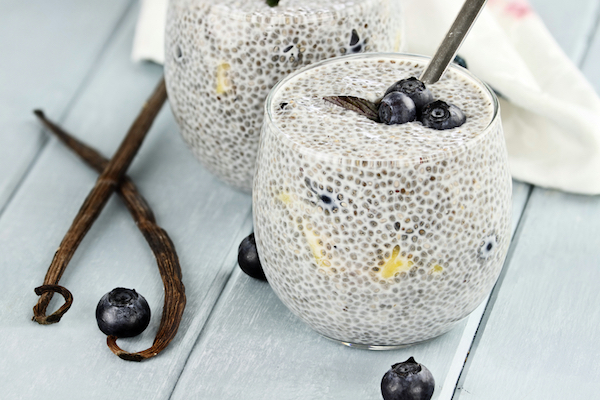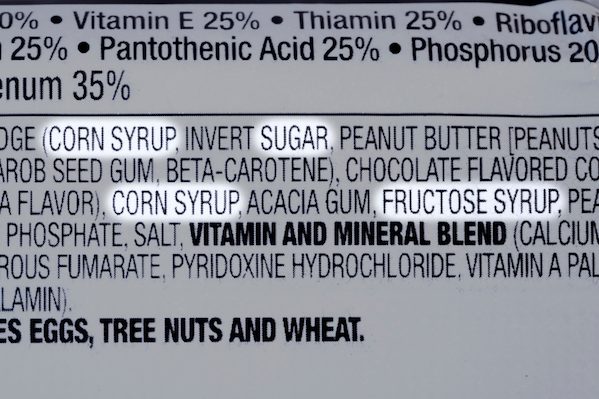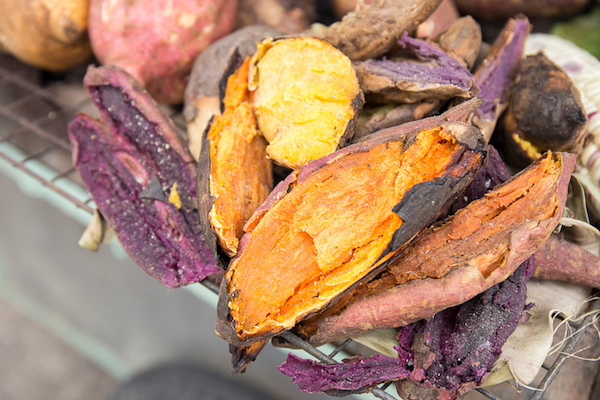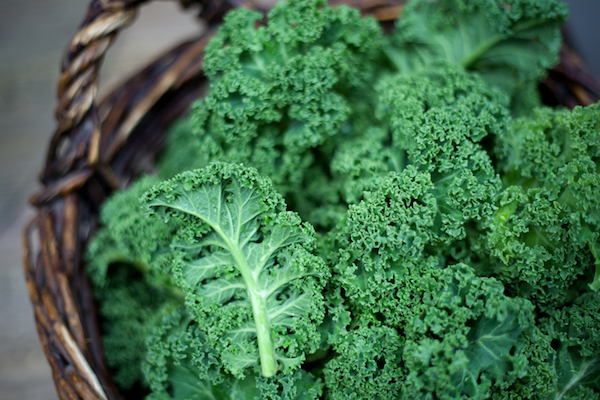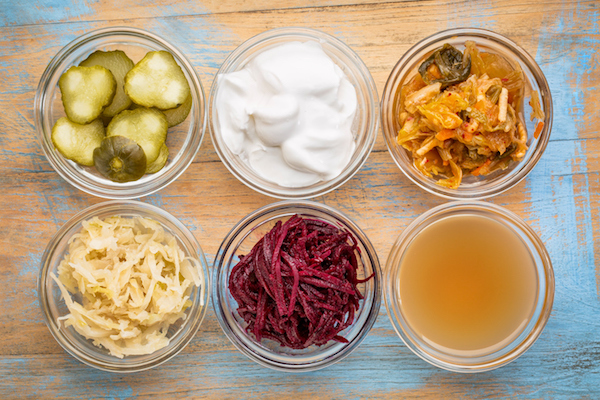
Health Effects of Unhealthy Gut Bacteria
Poor gut health has been linked to age related macular degeneration, which is one of the main causes of blindness
The wise philosopher, Hippocrates, once said, “All disease begins in the gut.” Granted, “the Father of Modern Medicine” made this statement almost 2400 years ago. But judging from what we know now, I’d have to say he was onto something.
Today, the topic of gut health gains traction every once in while. But since there’s no quick fix involved, and changing dietary habits can be tedious, the issue gets put on the back burner.
In my opinion, several issues are the result of poor gut health, which is basically caused by the use of multiple anti-biotics and/or consuming a diet filled with processed foods and sugar. From what I’ve seen, many people get away with these actions for decades, then have no idea why health issues show up around age 40 (or so).
Health Effects of an Unhealthy Gut:
Poor gut health can be linked to several conditions including:
- Problems with the digestive system
- Reduced immune system
- Auto-immune disease
- Concentration and/or memory problems
- Frequent infections
- Poor skin health
- Anxiety and/or depression
As far as the eyes are concerned, gut bacteria changes have been linked to age related macular degeneration (AMD), which is one of the main causes of blindness in older patients. The result of AMD is central vision loss, which can ultimately leave a person legally blind.
Some risk factors for AMD include:
- Poor diet
- Smoking
- Obesity
- High blood pressure (uncontrolled)
Considering the fact that gut health can be linked to AMD, a clue for prevention should be found in our food. One particular goal of our eating habits should be to feed our healthy gut bacteria so it can thrive. This includes the consumption of both pre-biotics and pro-biotics.
Food as Medicine:
The wise Hippocrates also said, “Let thy food be thy medicine and thy medicine be thy food.” Granted, “the Father of Modern Medicine” made this statement almost 2400 years ago. But judging from what we know now, I’d have to say he was onto something (once again).
For optimum gut health, pre-biotics should be consumed regularly. Pre-biotics can be described as resistant starches used by our healthy bacteria as a food source. These starches are indigestible and pass through our gut to promote harmony.
Foods rich in pre-biotics include:
- Raw potatoes
- Green bananas
- Plantains
For easy access, you can purchase ready-made pre-biotic sources such as raw potato starch and/or plantain flour, but they must remain raw. Simply stir in cold or lukewarm liquid until a paste is made. Consume up to one tablespoon per day for best results, and be sure to keep in mind the gut health benefits (if you’re on the squeamish side).
If you’re looking for something a little better tasting, consider pro-biotics. Pro-biotics assist in replenishing our supply of healthy bacteria.
Foods rich in pro-biotics include:
- Plain, full fat yogurt
- Kefir
- Sauerkraut
- Kimchi
- Kombucha
- Fermented foods of all kinds, (including beets & cucumbers to name a few)
- Multi-strain pro-biotic supplements
Live in Your OcularPrime:
Most pro-biotics aren’t too hard to consume, but some may be considered an “acquired taste.” In past times, we’d have to cook up pro-biotics in our kitchen. But today, many of these are readily available at your local health food stores (including Whole Foods or Trader Joe’s).



